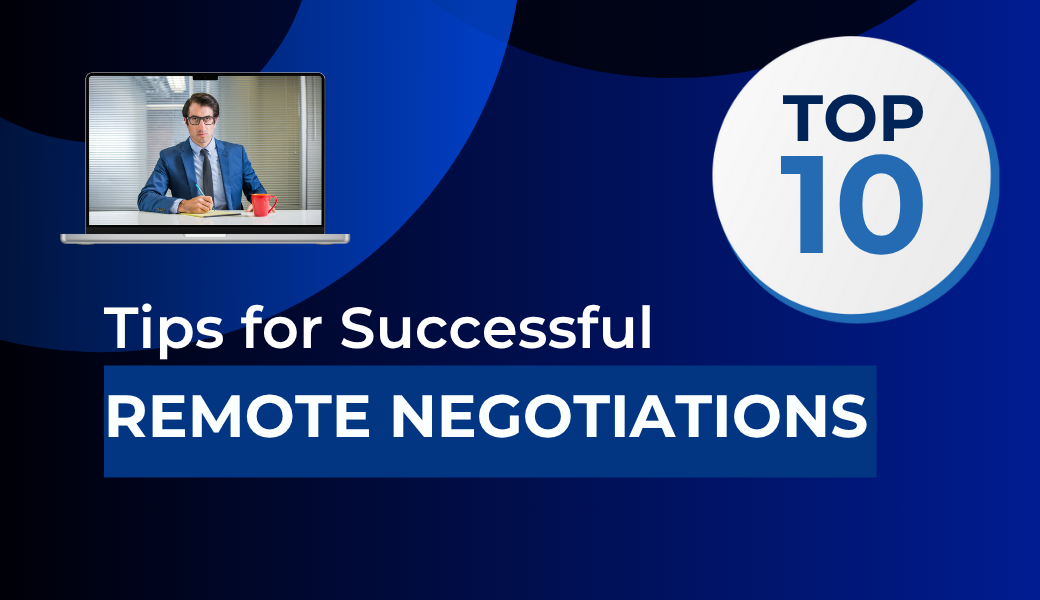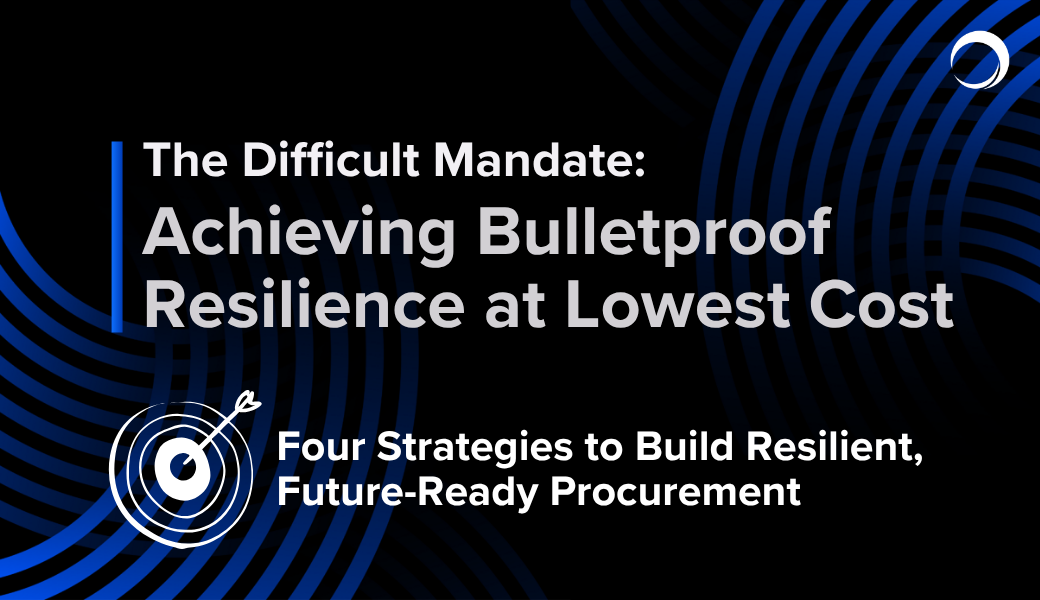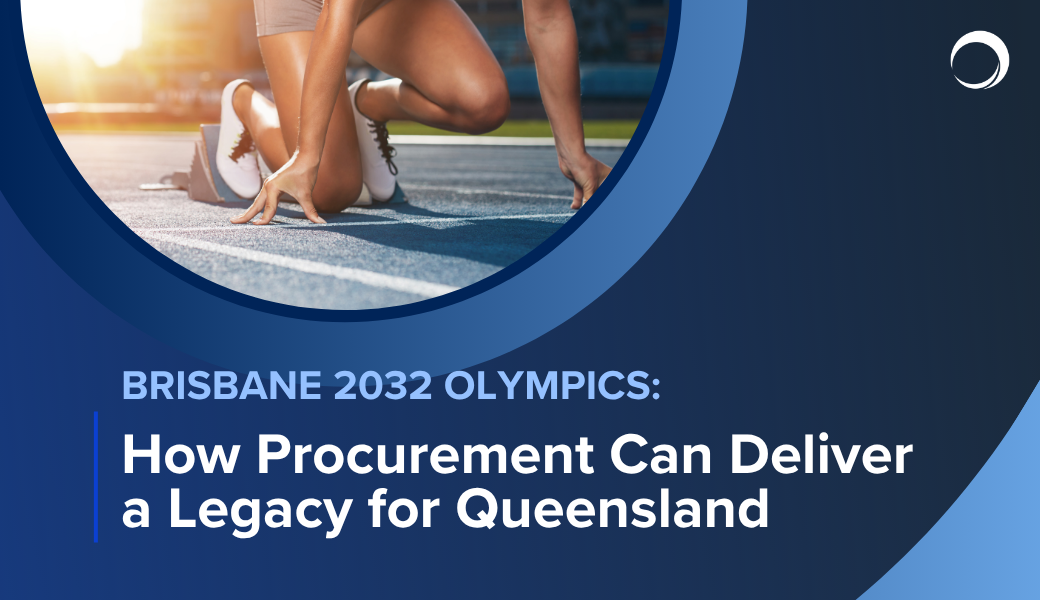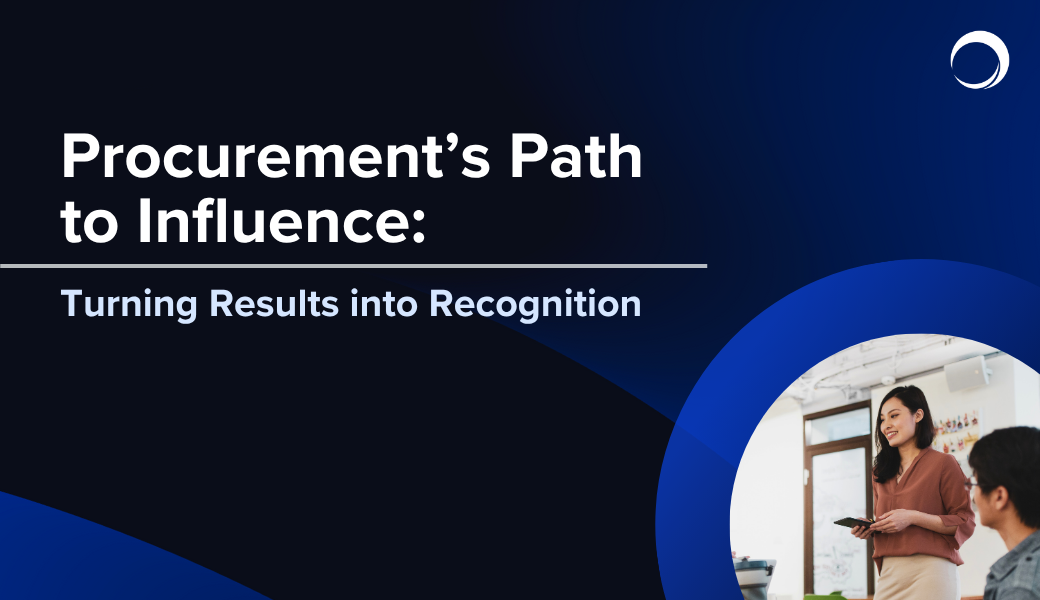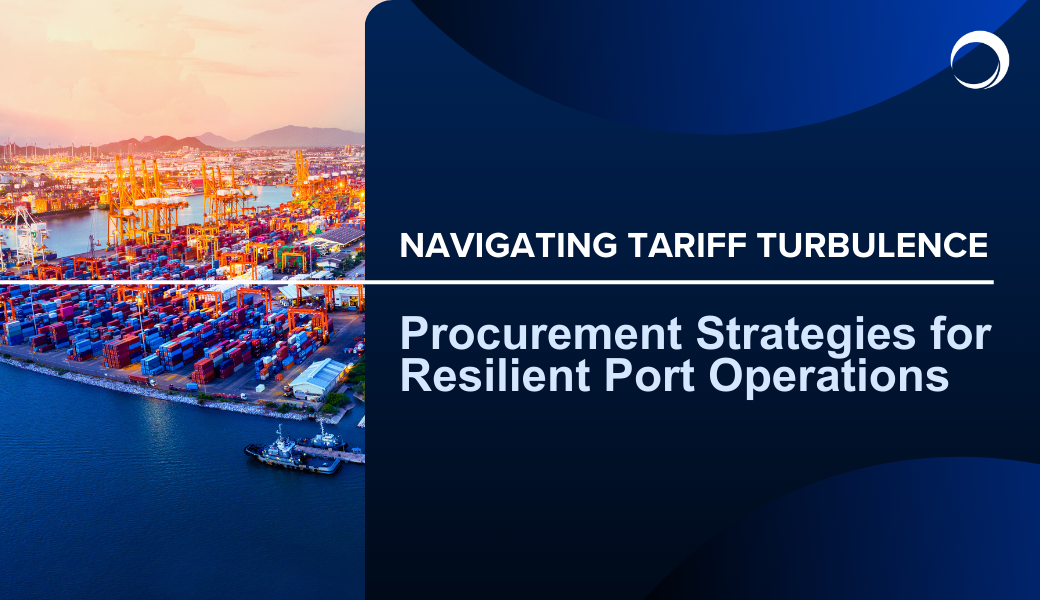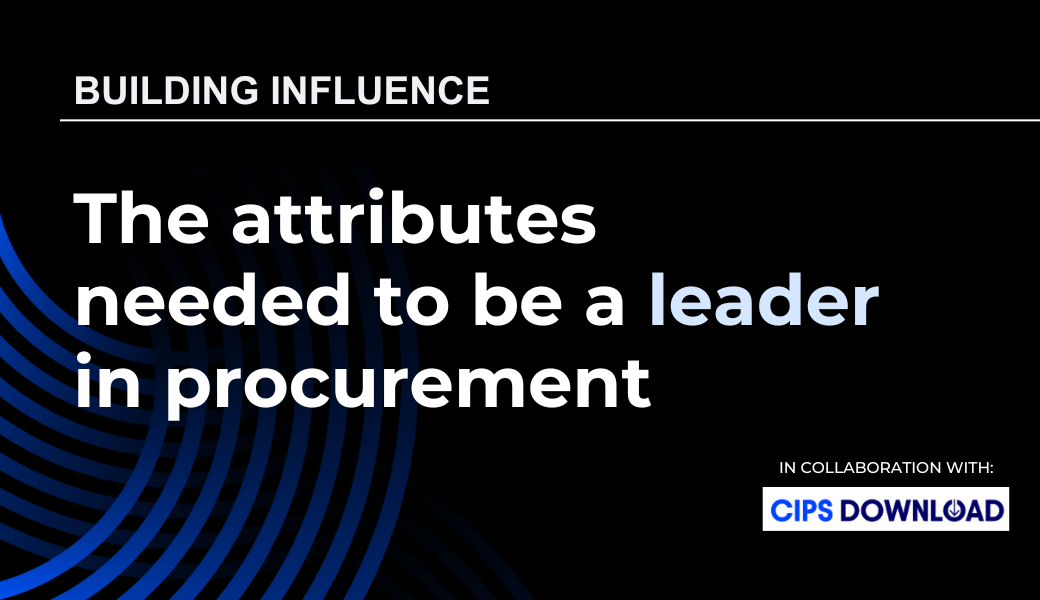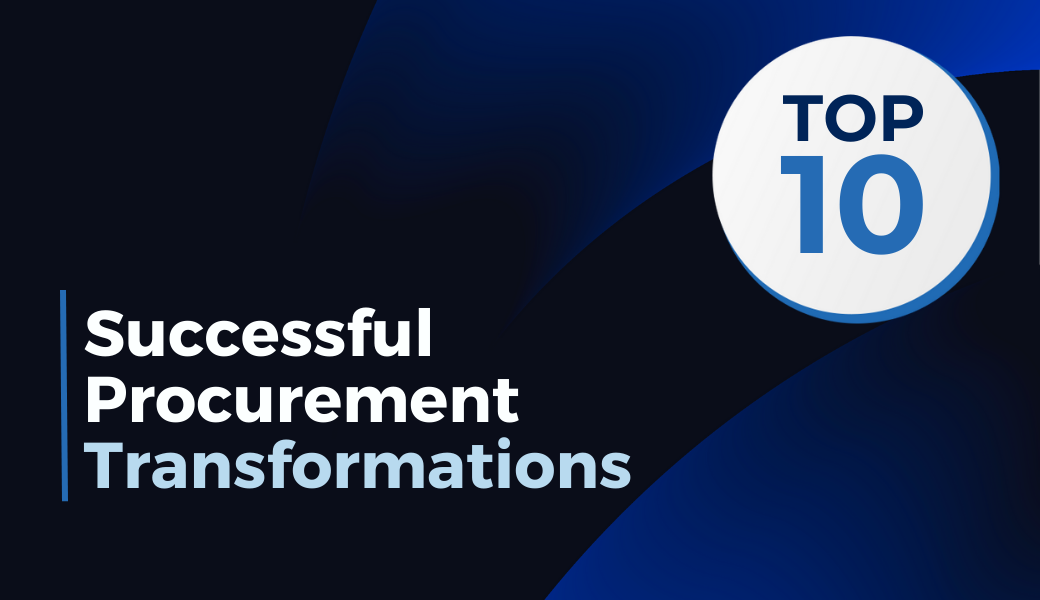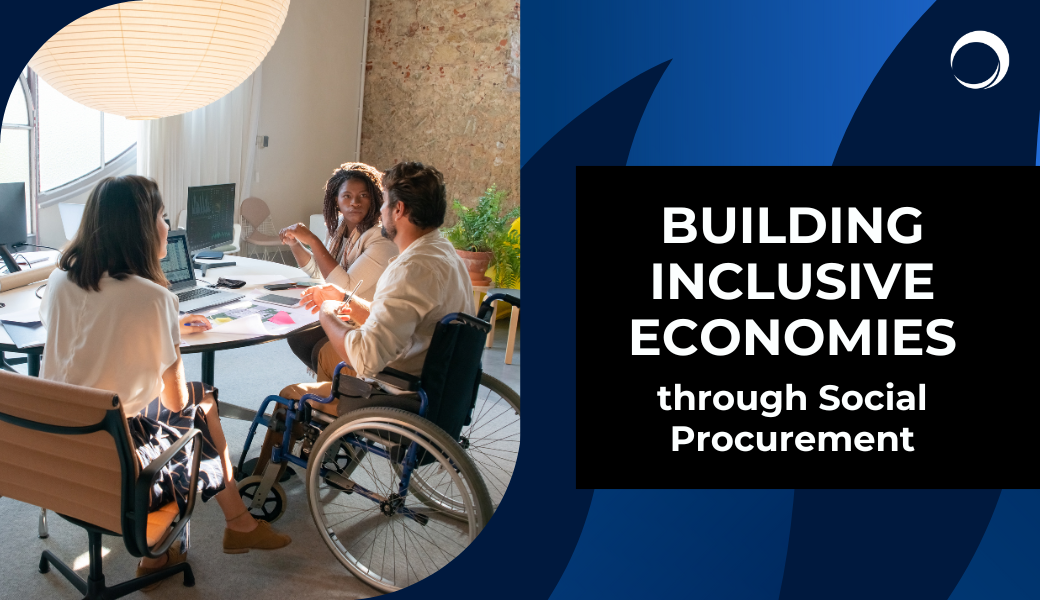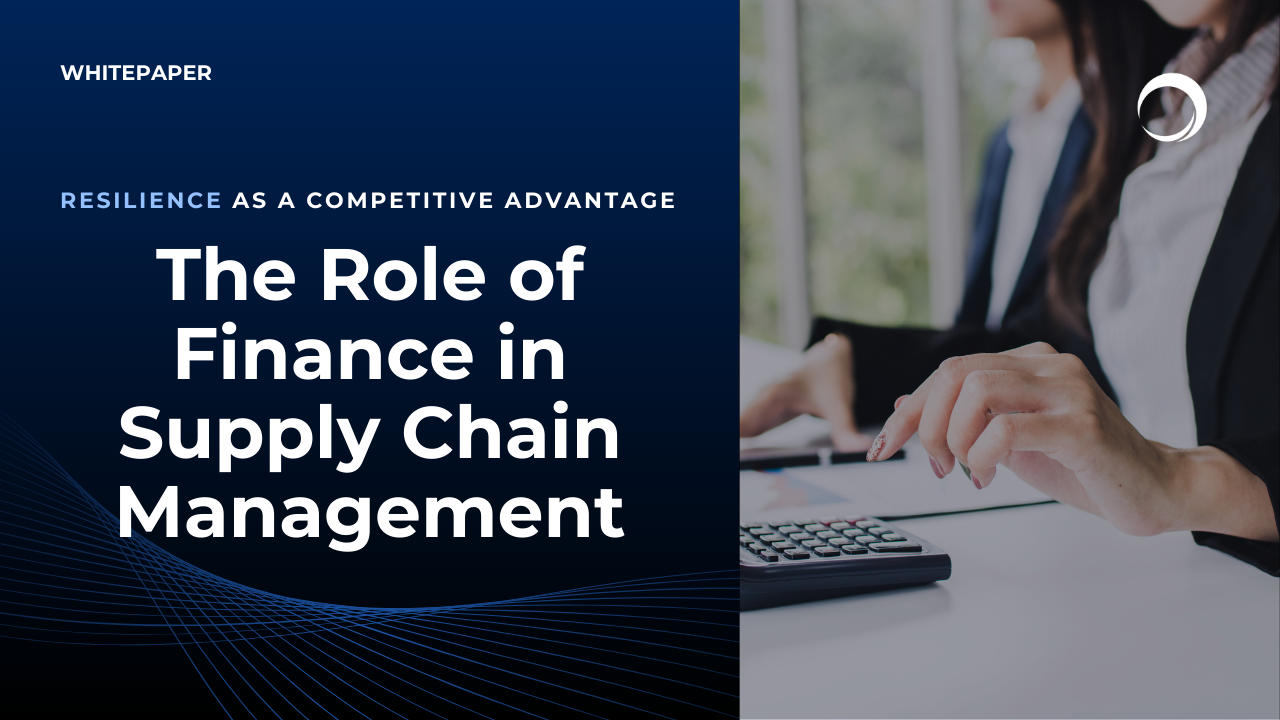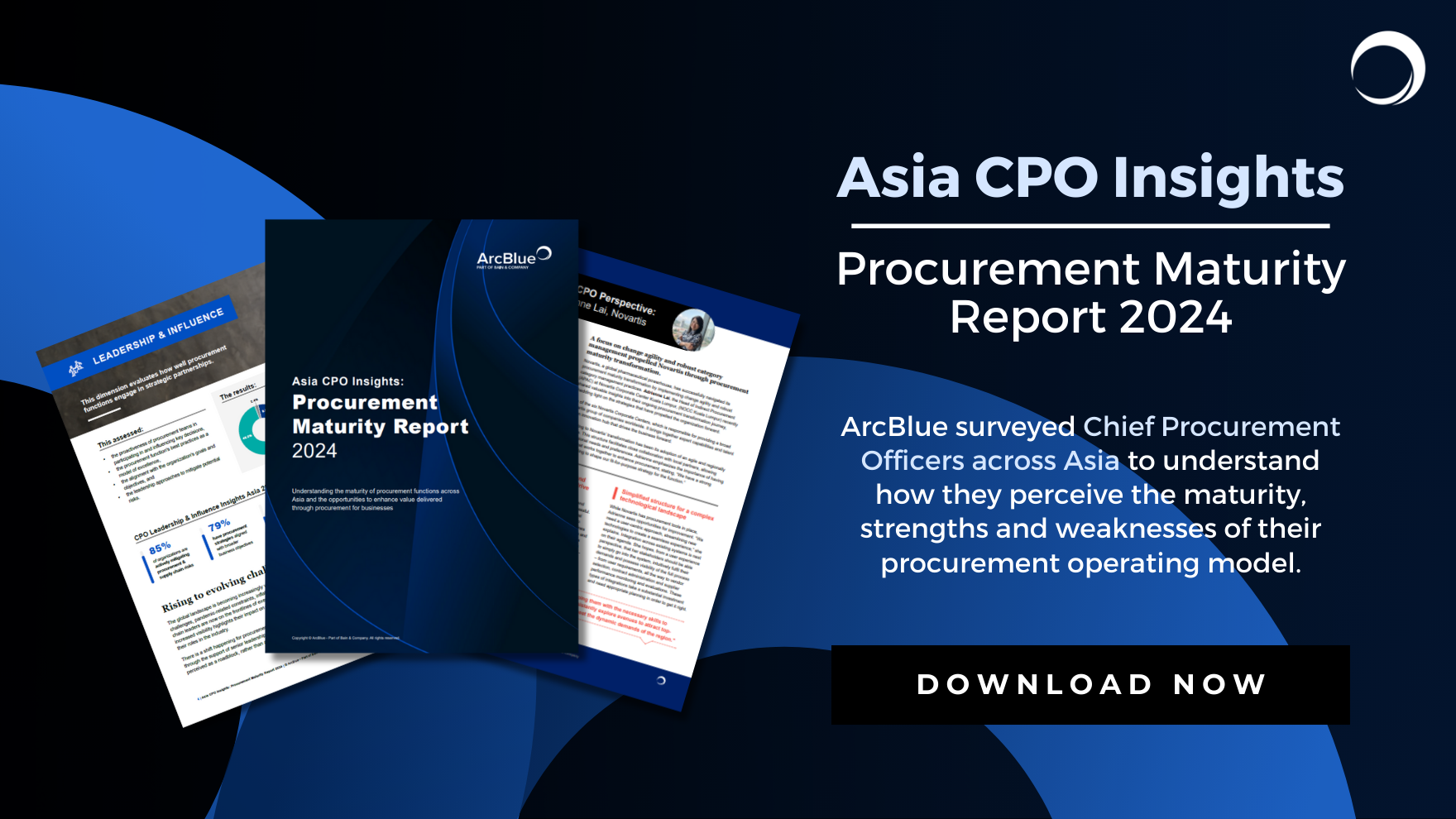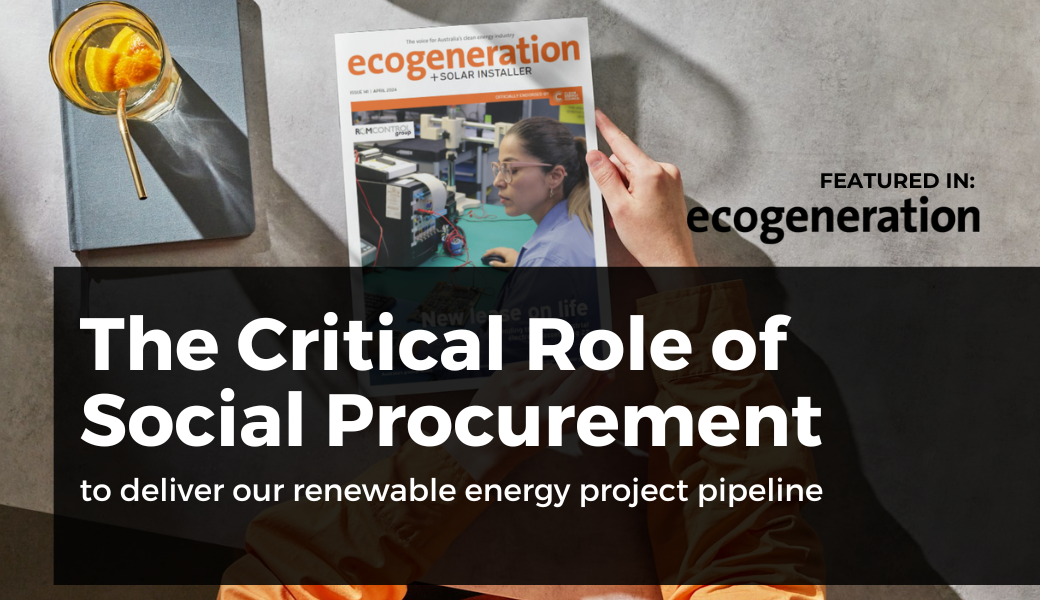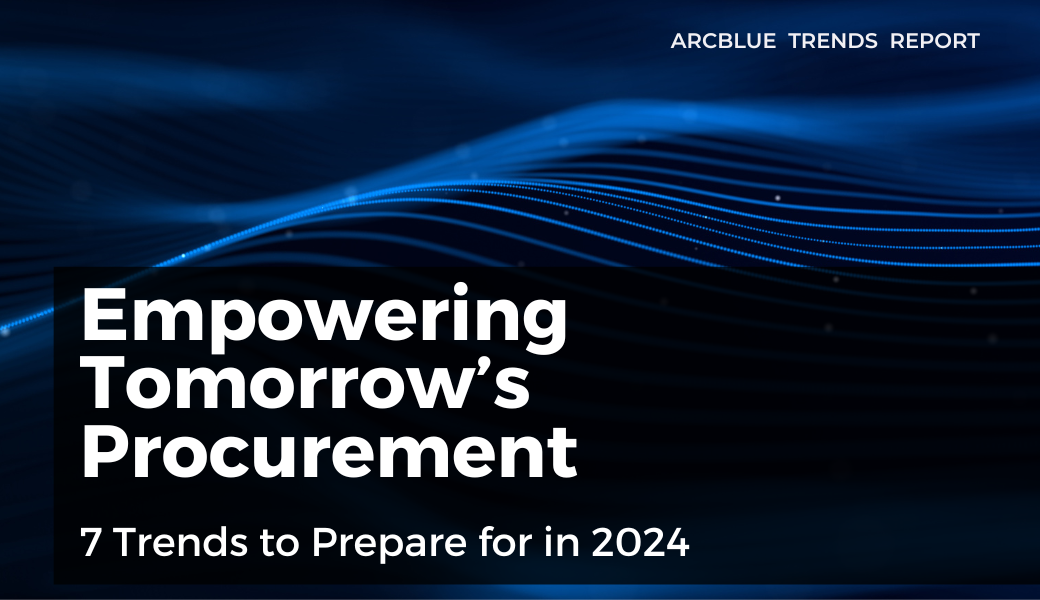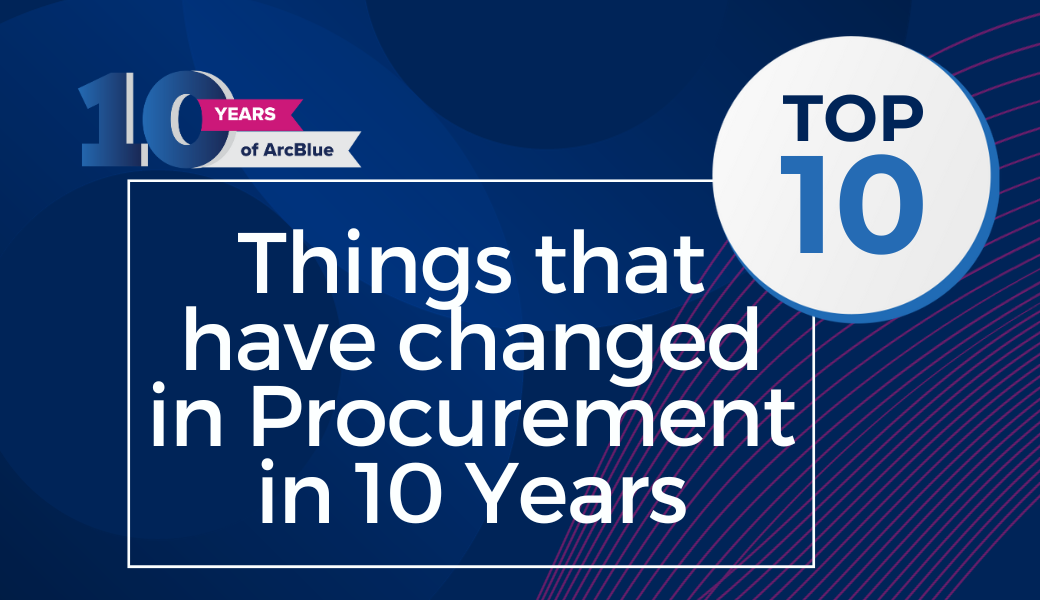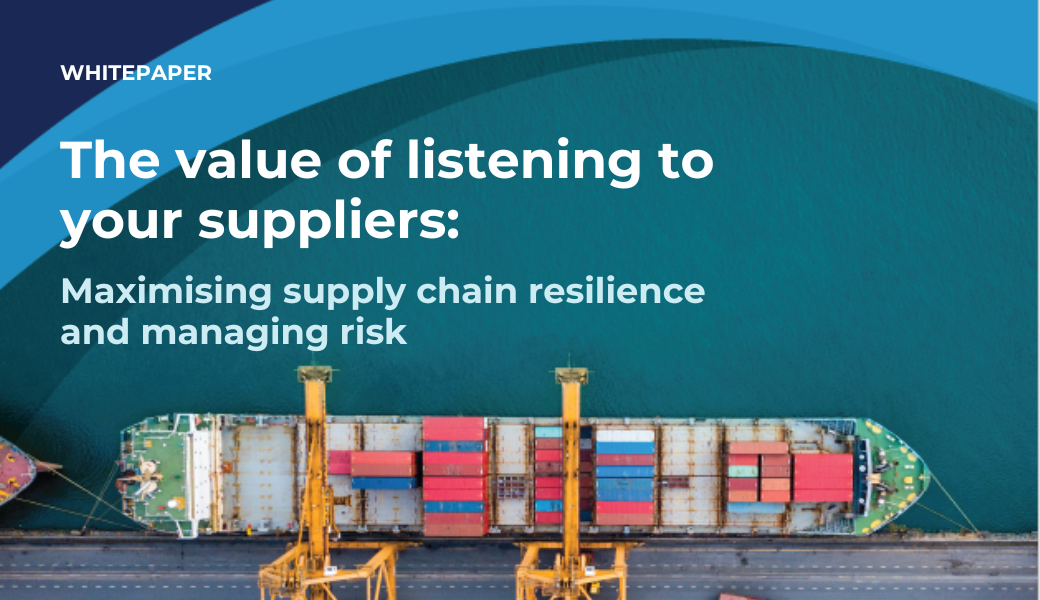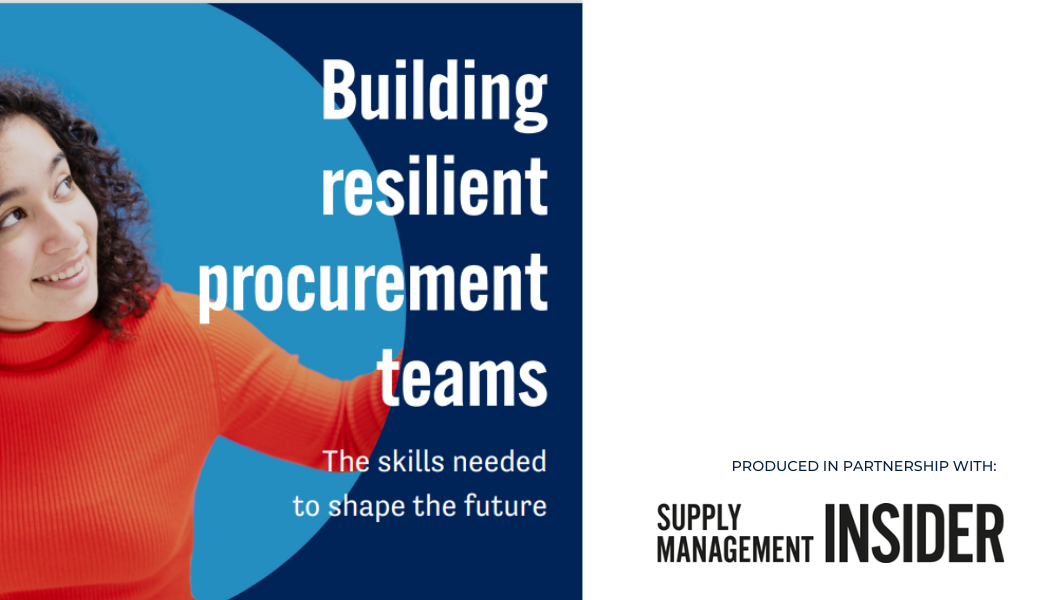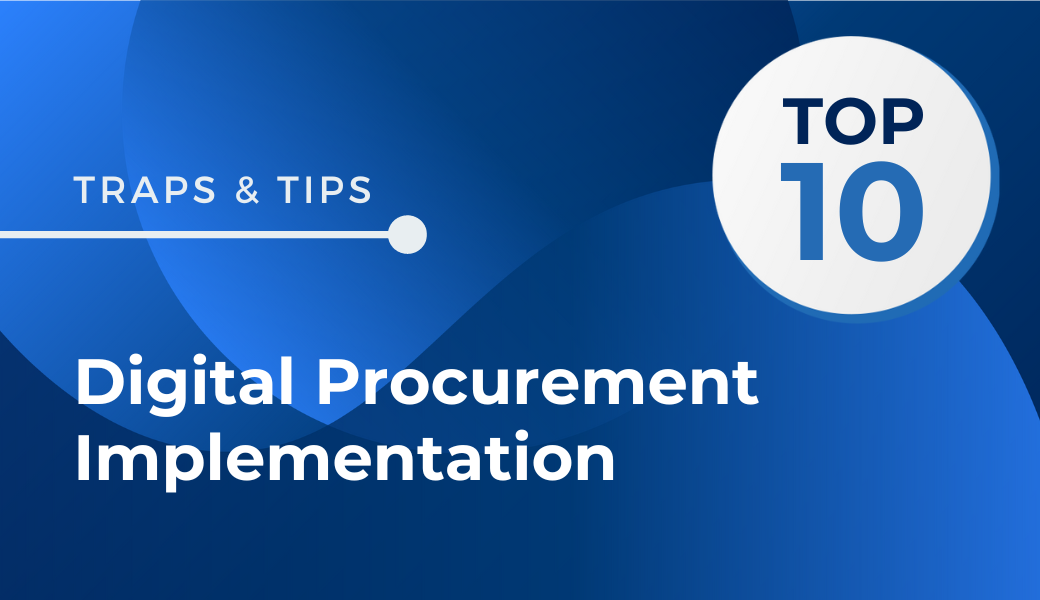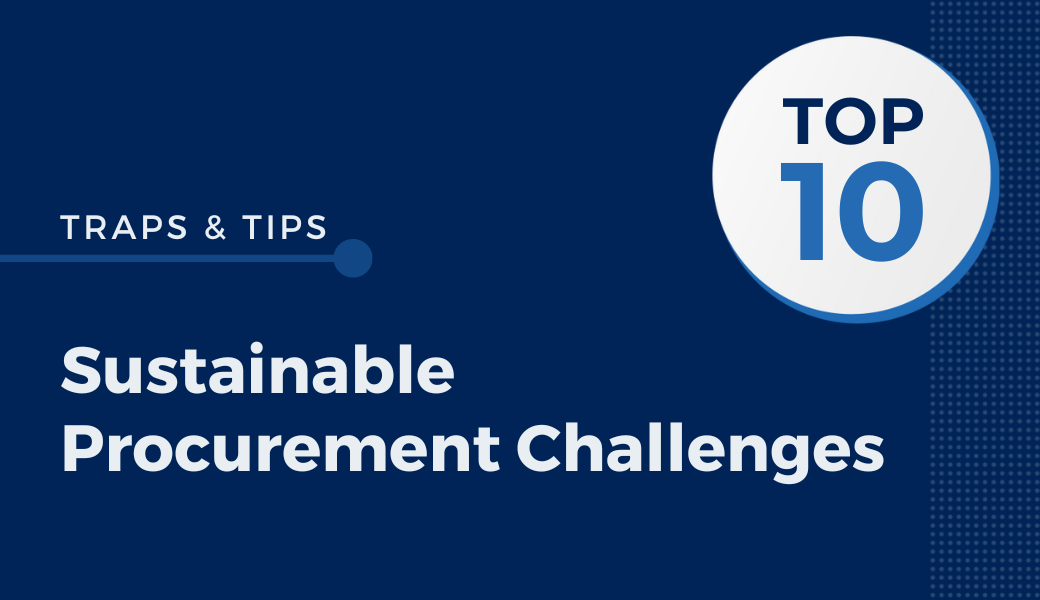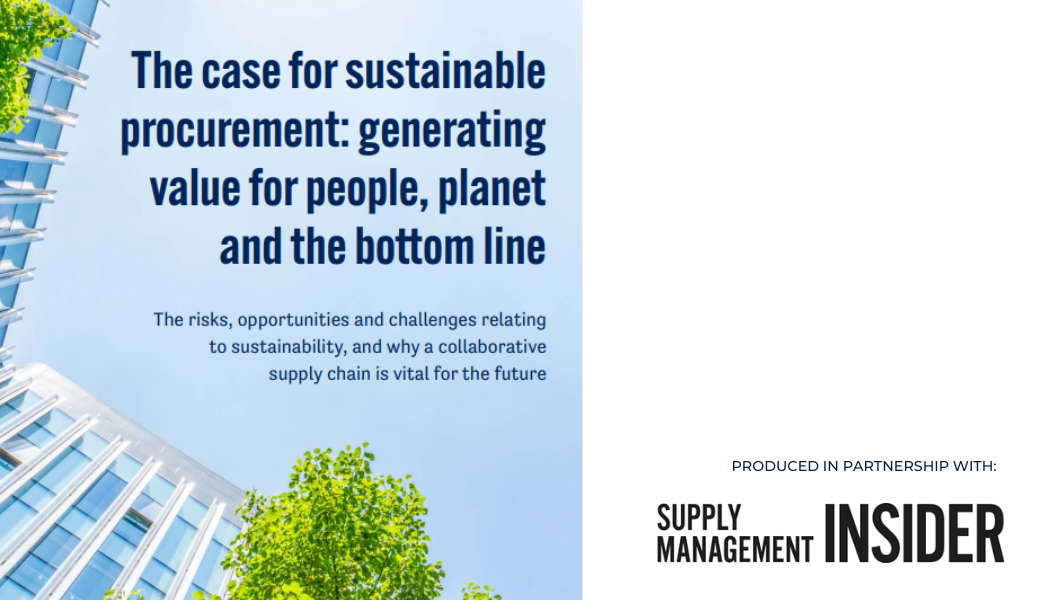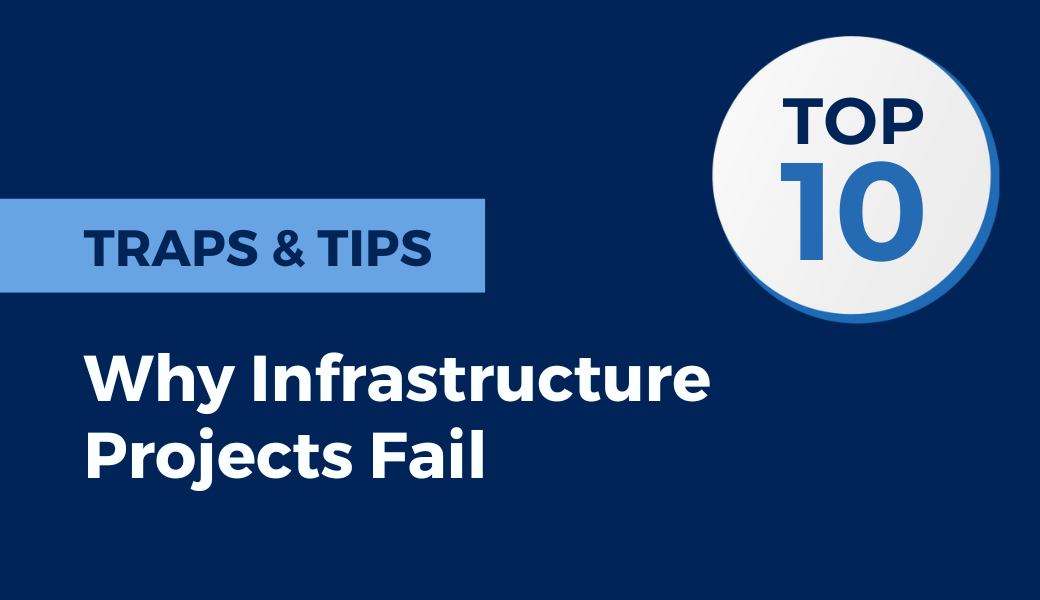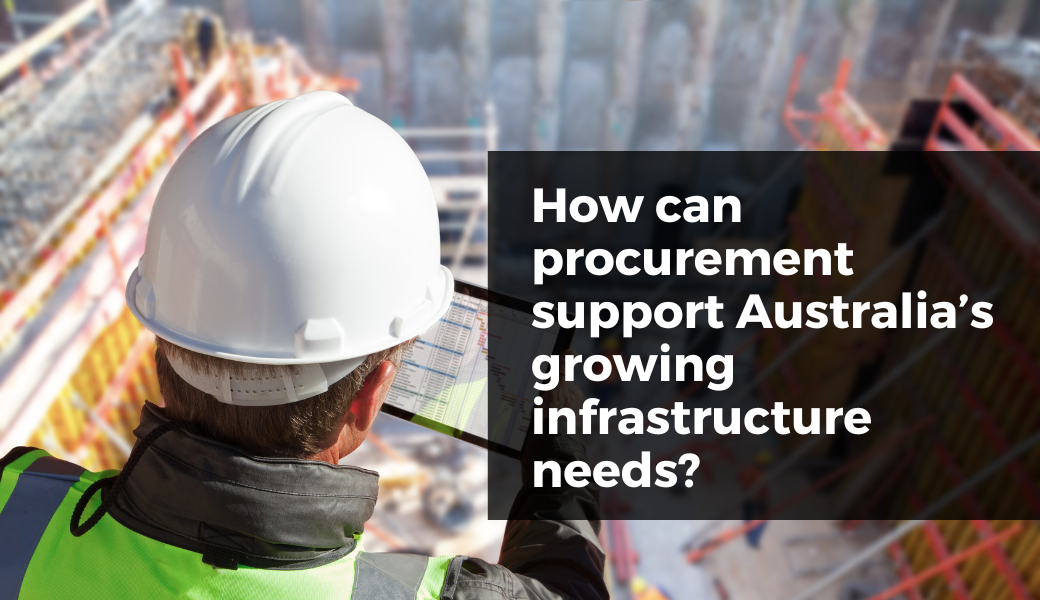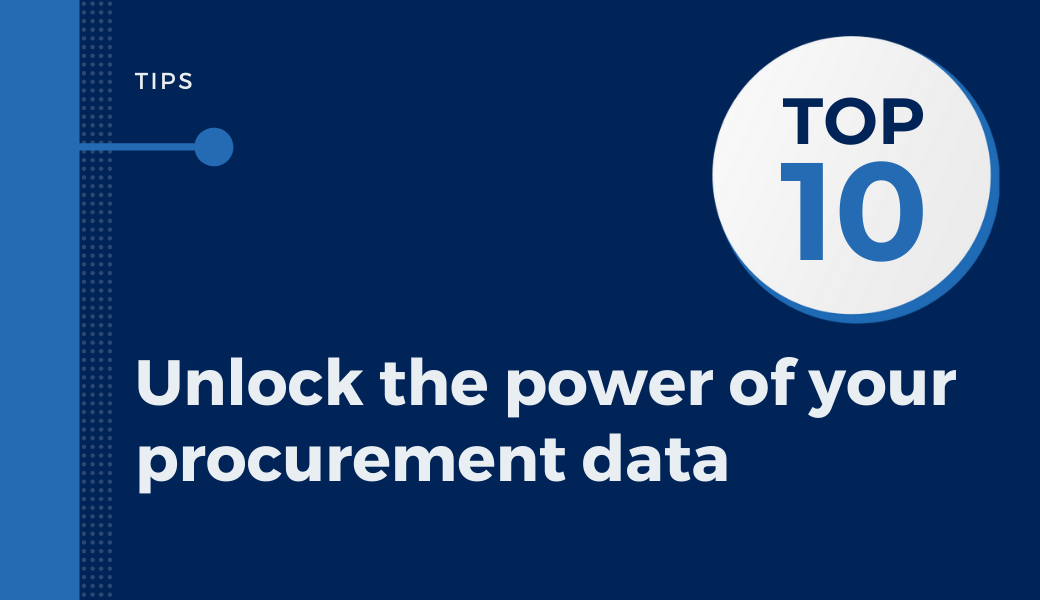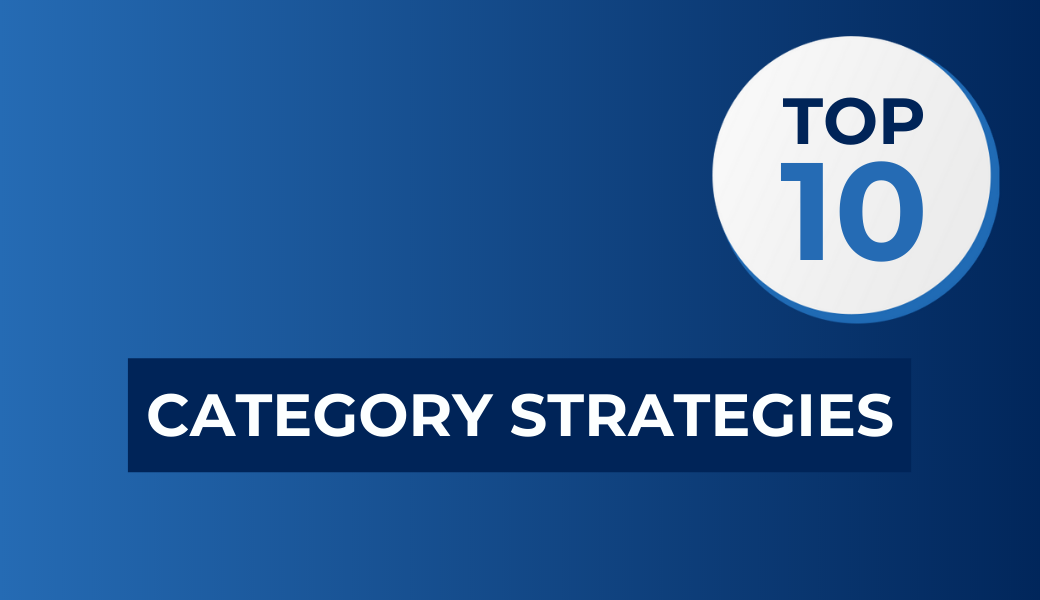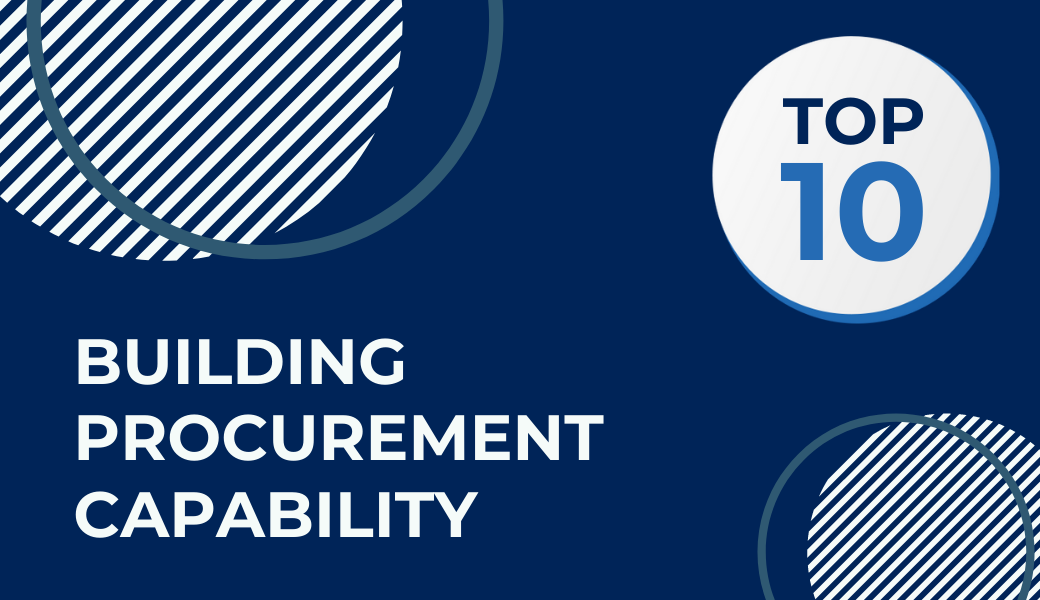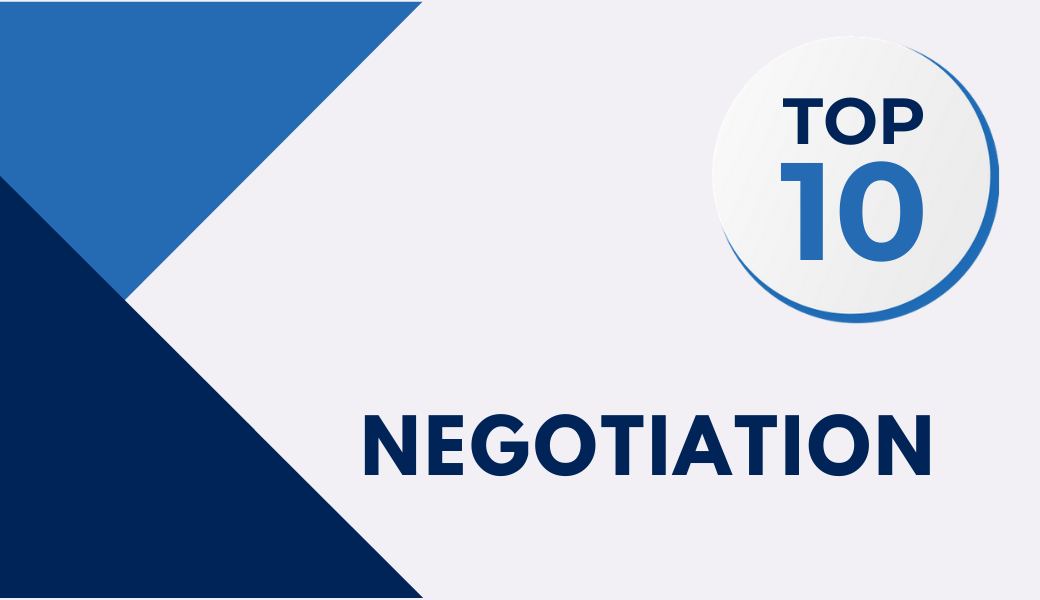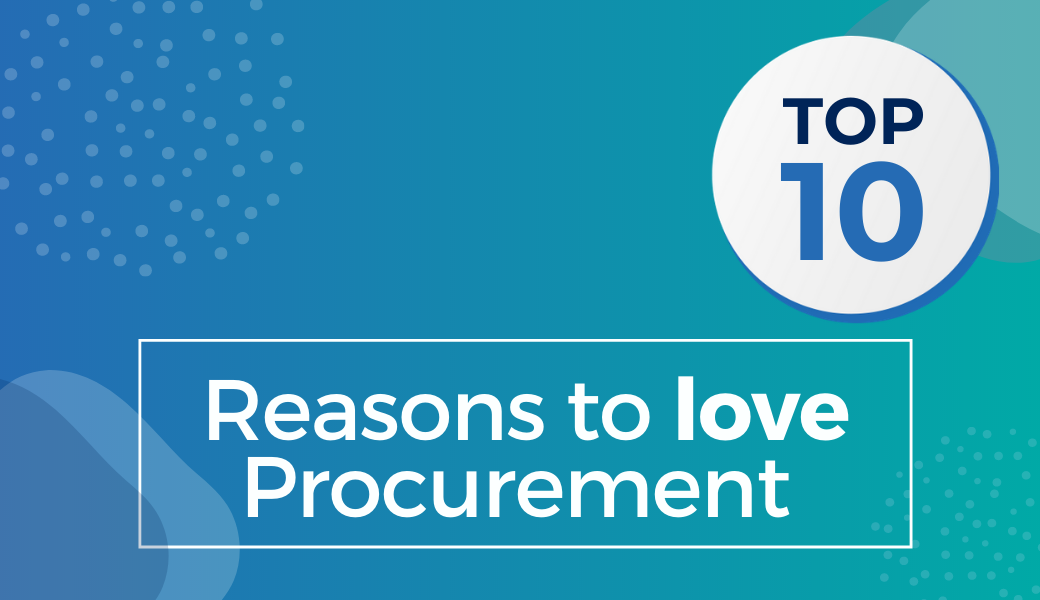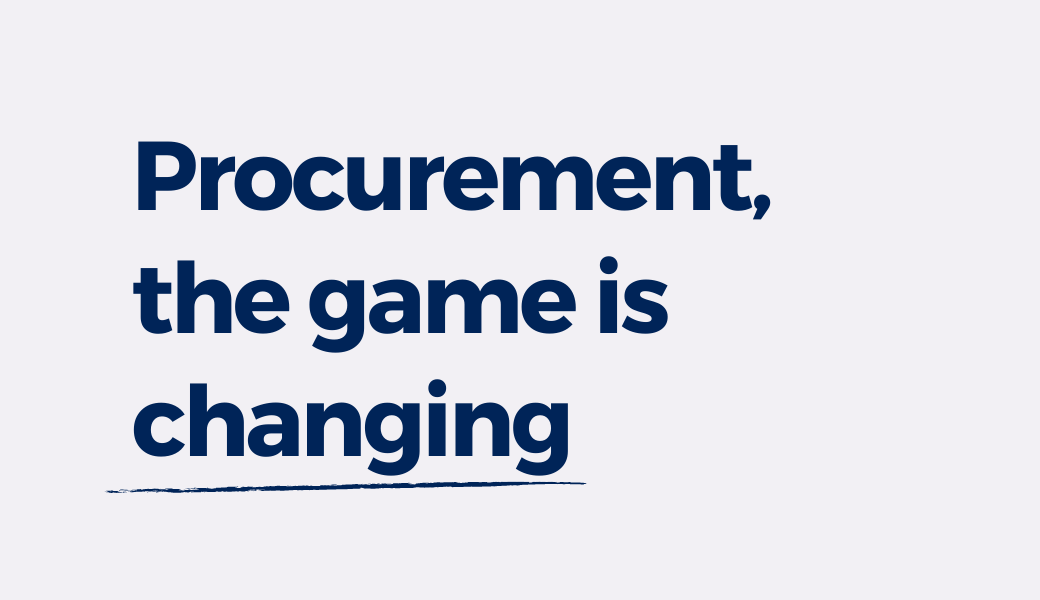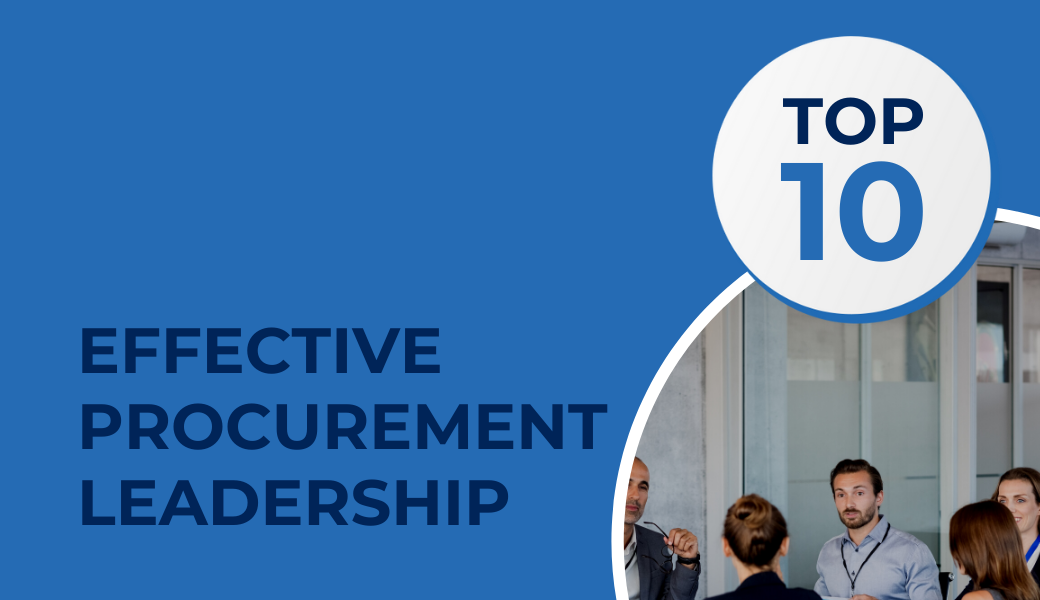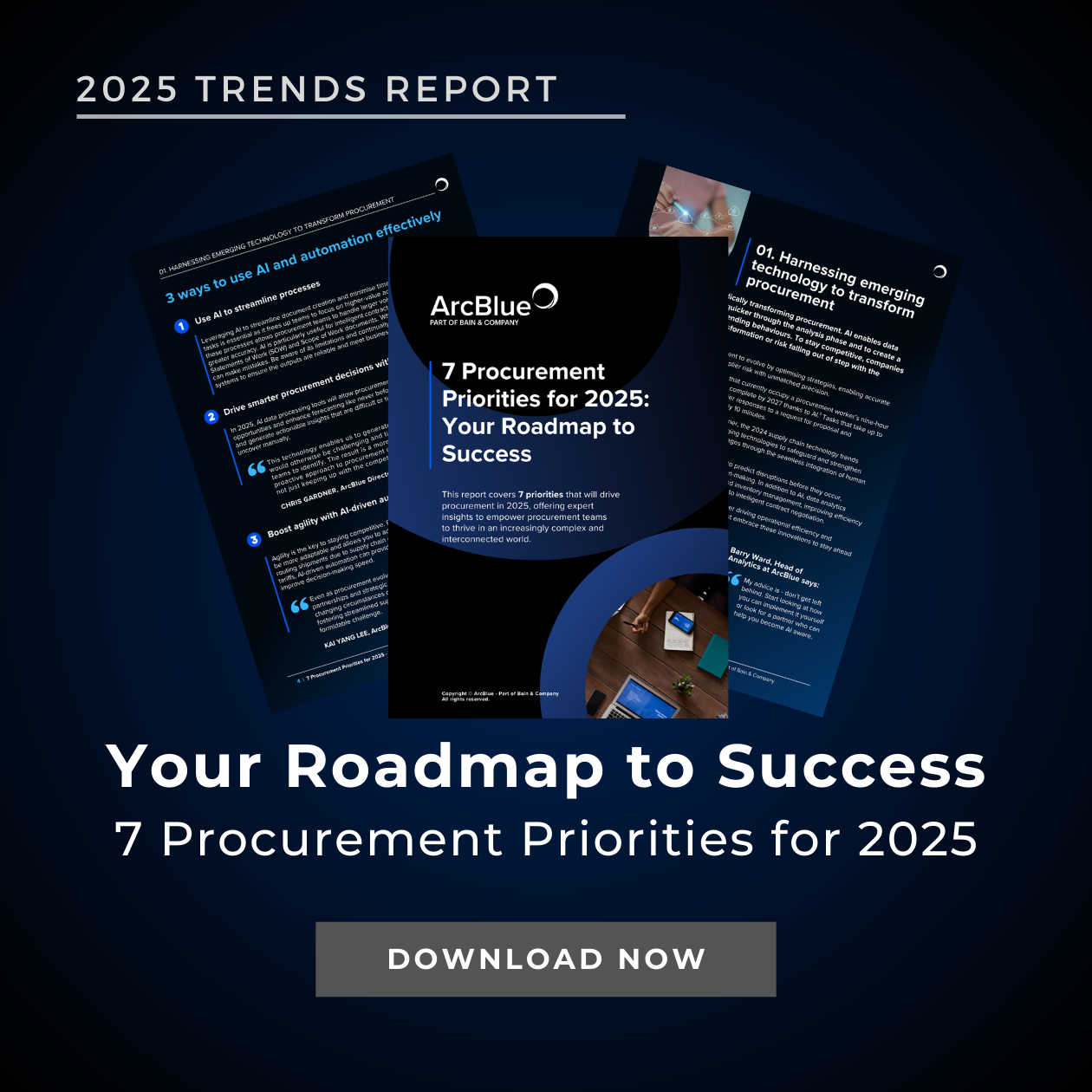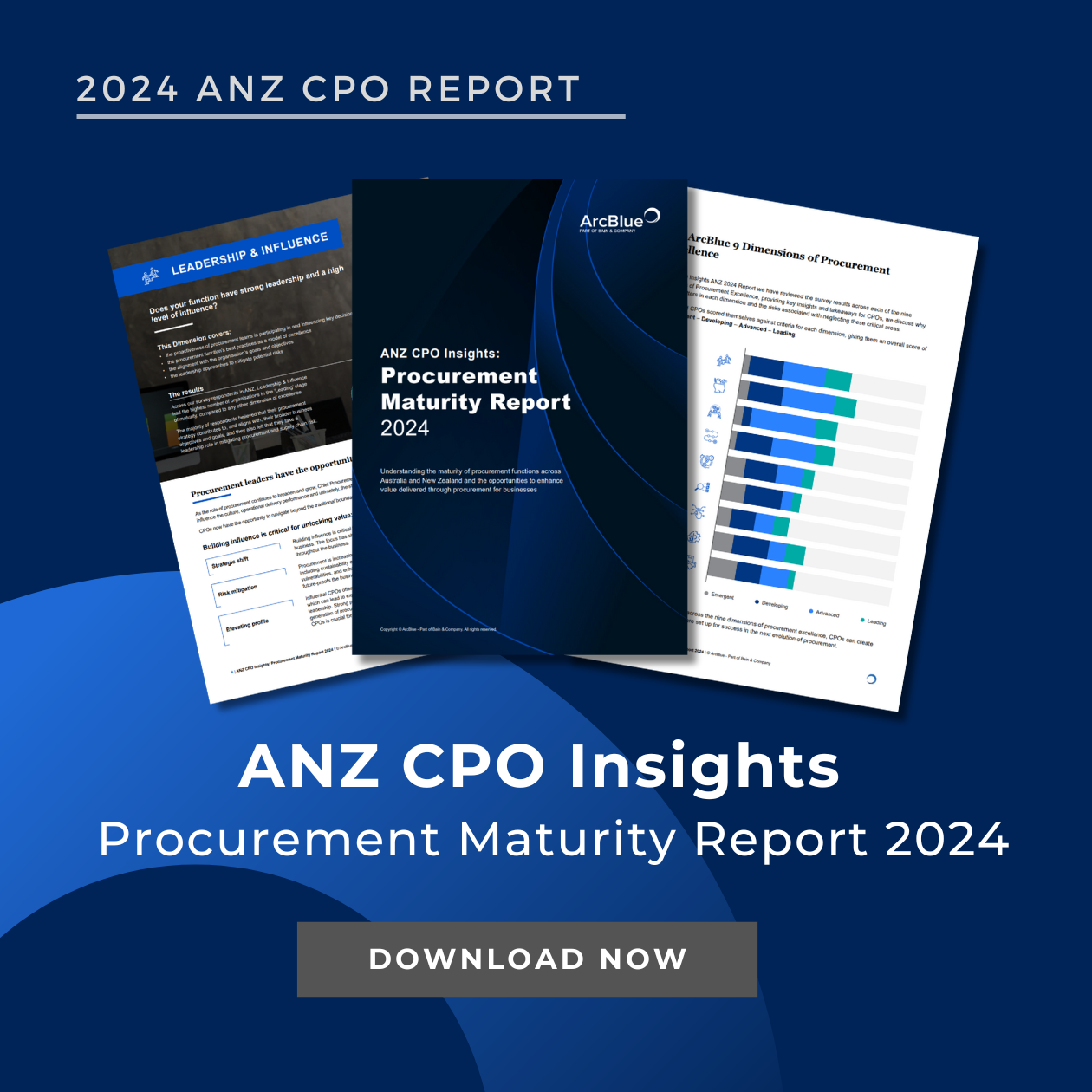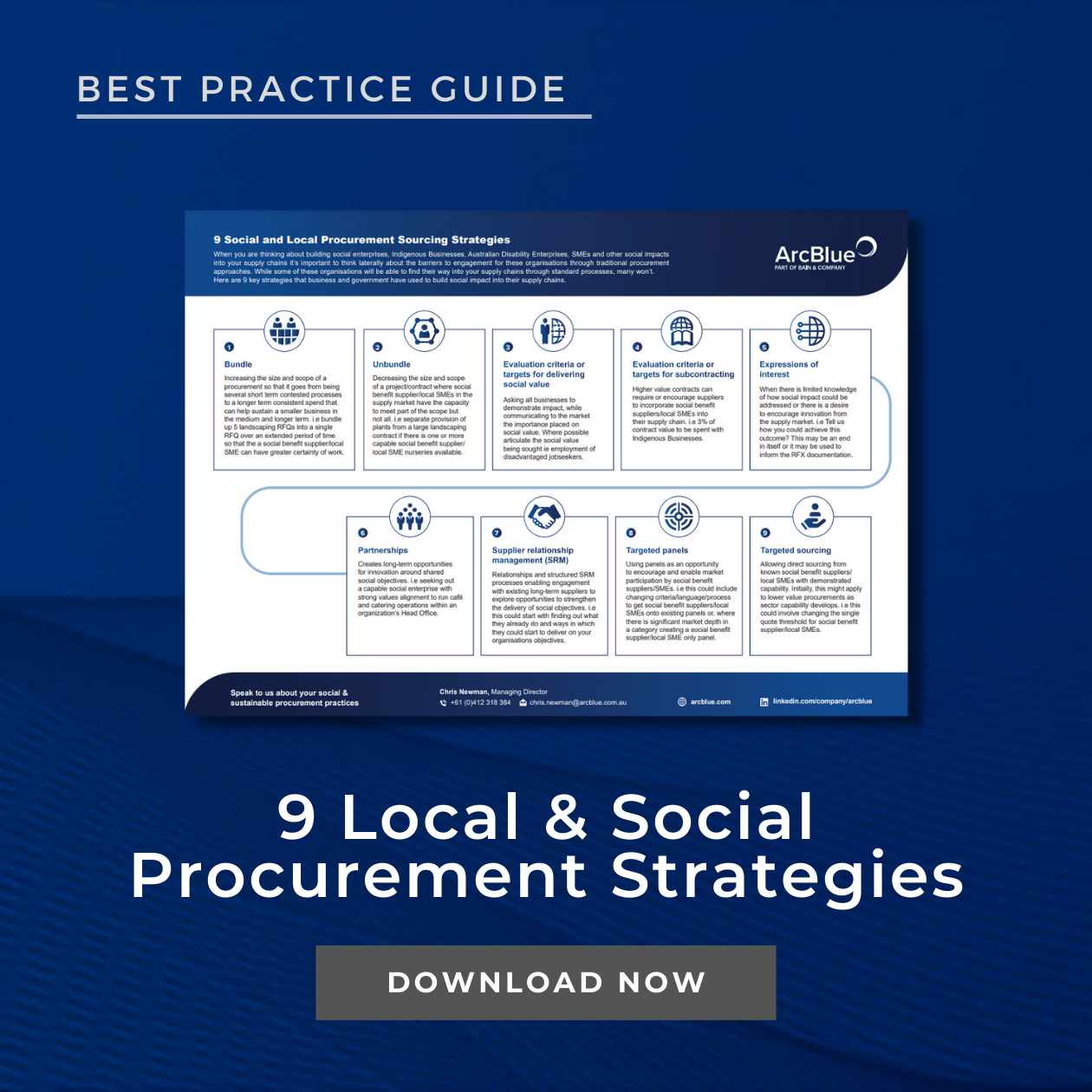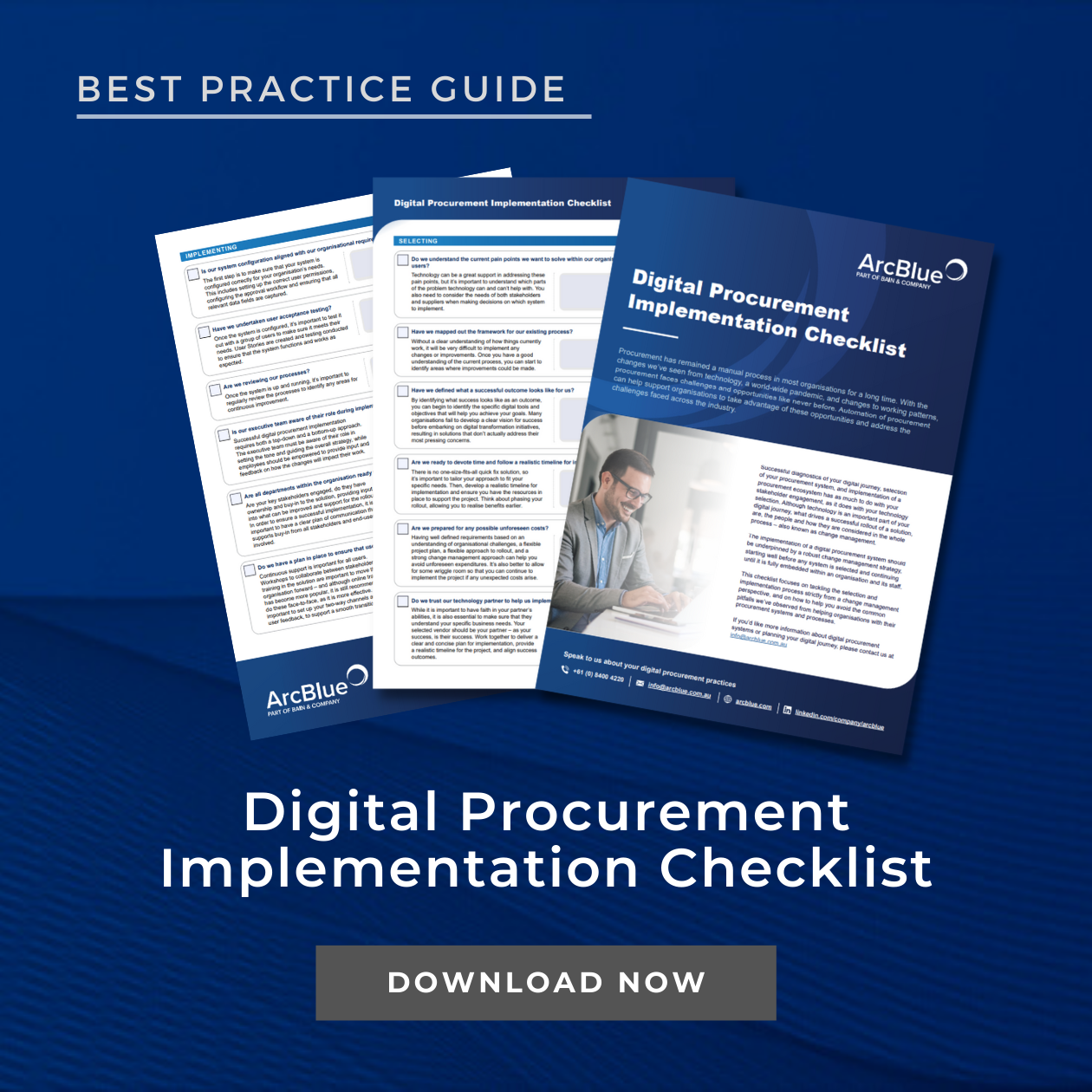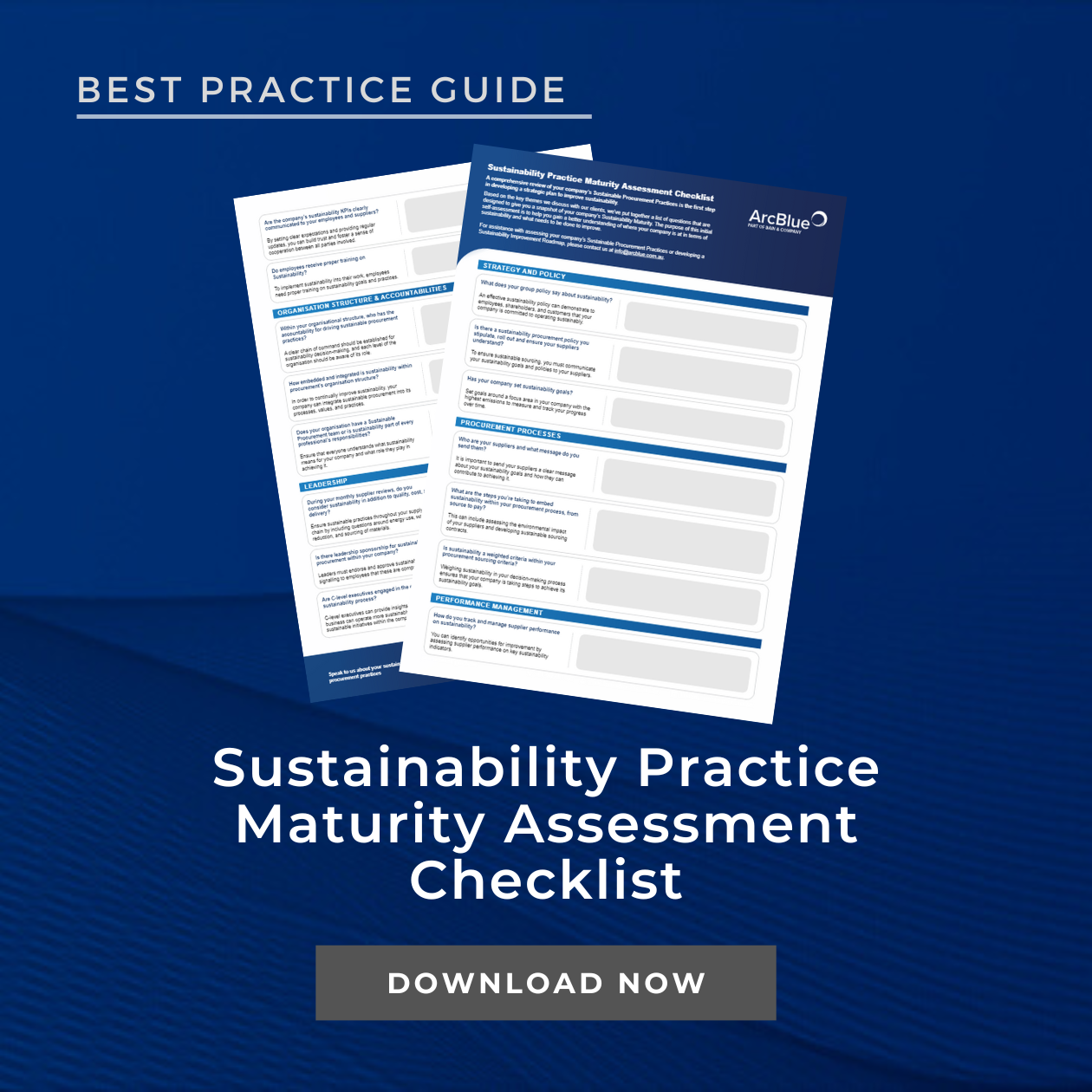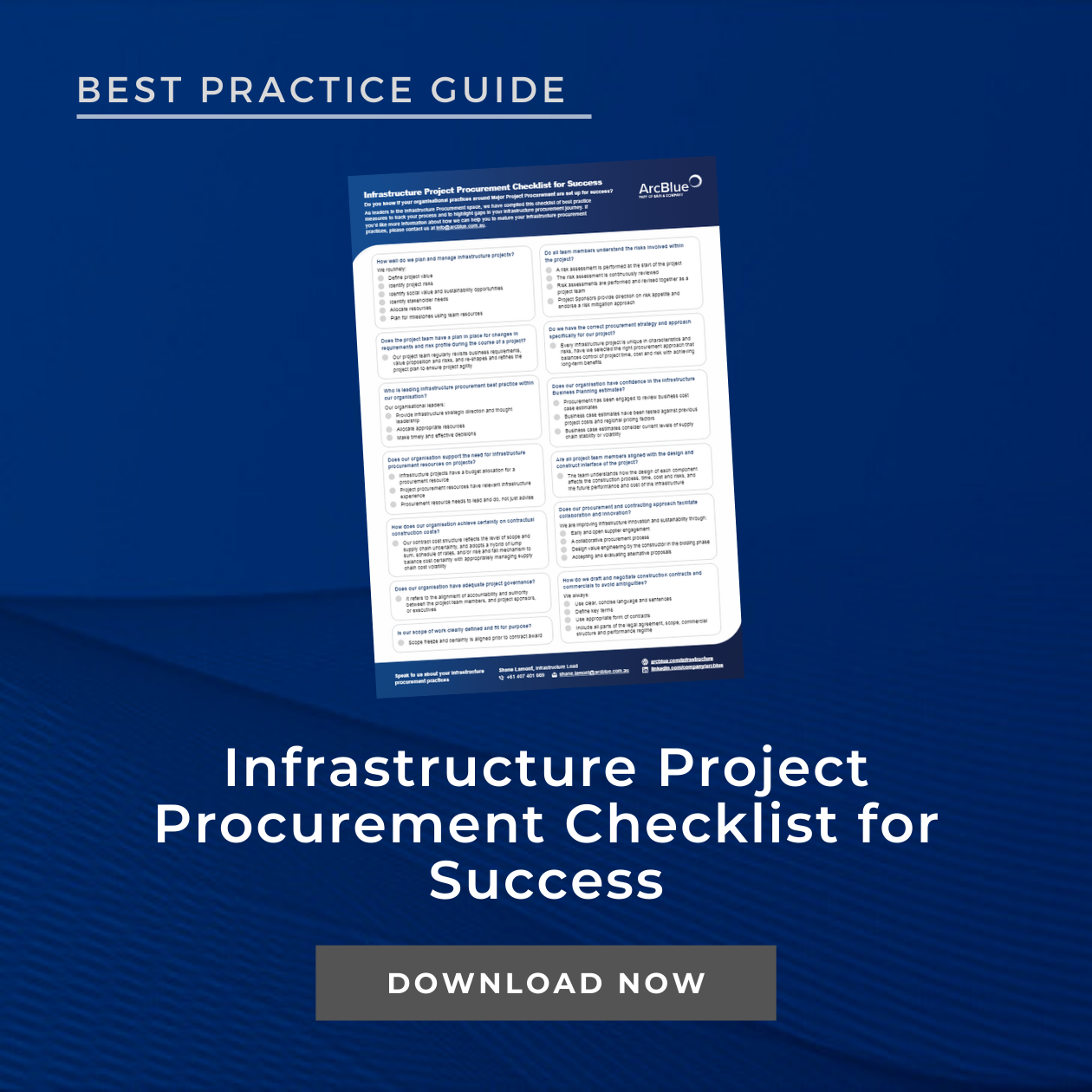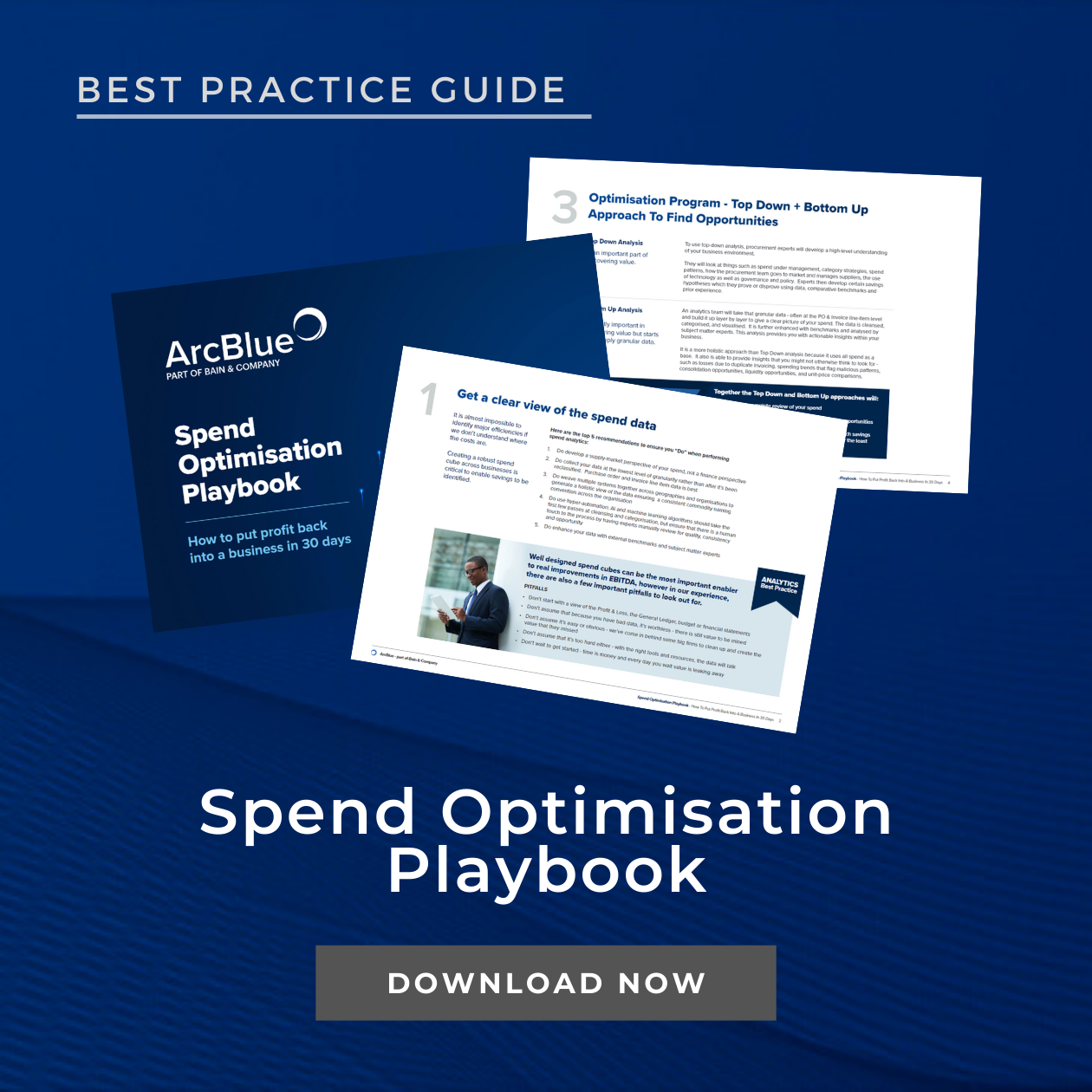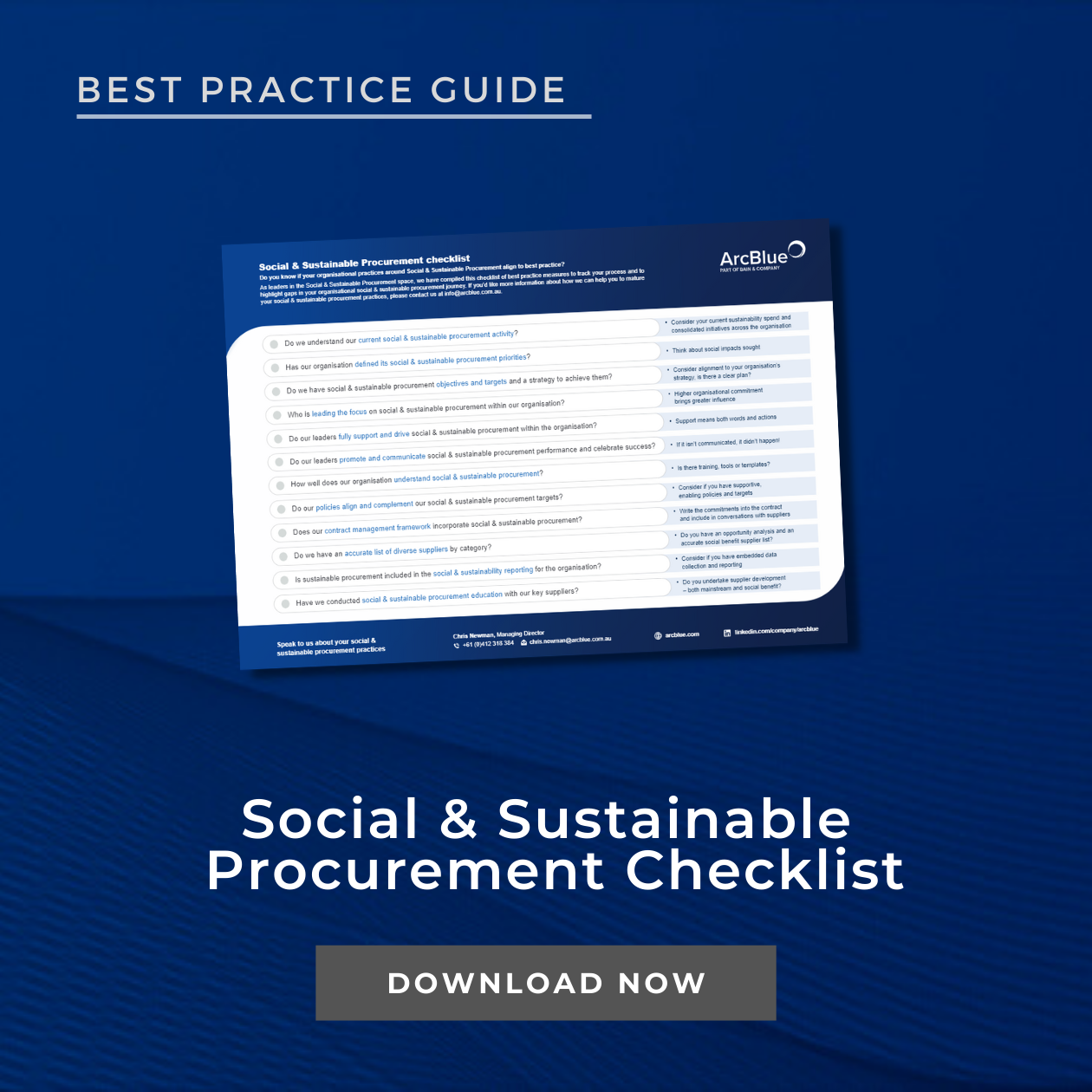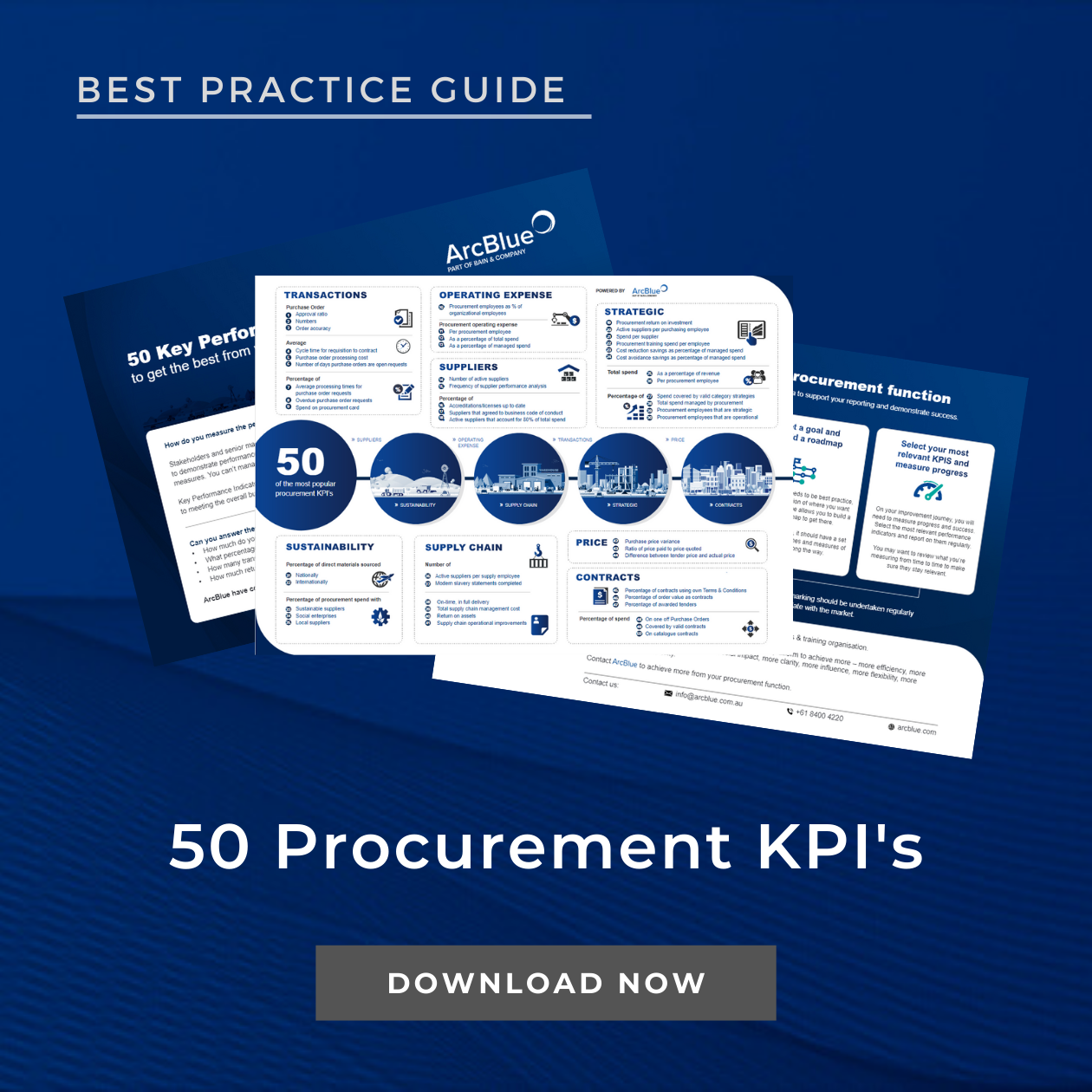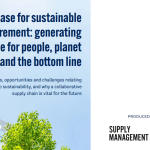- ARTICLE
Are win-win negotiations really possible?
September 2022
Explore the growing importance of negotiation expertise in organisations and learn five key steps to increase your negotiation power
As the world becomes more globalised, the performance and value delivered by our suppliers becomes more and more important to business bottom line. In the past there has been a perception that anyone in the business can negotiate however the need for strong commercial acumen within the Procurement profession is now well understood.
In leading organisations Procurement teams with highly developed negotiation skills are delivering significant cost savings, improvements in efficiency and increases in value across the supply base to help grow the competitive advantage for the organisation.
Negotiation has moved on from aggressive ‘banging the table’ competitive negotiations to an understanding that suppliers are actually key to the success of the organisation. The relationship is key and negotiating the best possible deal for the relationship is not easy.
In these situations, people often use the term “win-win” to describe negotiations where both parties are equally successful in meeting their objectives, but is this really possible? In most situations, the objectives of both parties are different – the supplier wants higher margins, the buyer wants lower cost. The skill of the negotiator is to uncover these objectives and be creative in designing a deal to make both parties feel satisfied.
And the key here is the word ‘feel’. Perception in negotiation is everything and the way the negotiation process is managed can have a profound effect on how the other party feels about the quality of the outcome they achieve.
We know this is in our personal lives – if we offer $10k for a used car and the seller immediately accepts it – we feel as if we could have got a better deal. If however, the seller negotiated and managed our expectations, we could end up with exactly the same deal, however feel happy about it.
So how to you get your team to manage these expectations effectively? We’ve prepared some key pointers for you to set your Procurement team on the path to better negotiations.
Before you even think about negotiation – understand the other team
The goal here is to understand the other party at least as well as they understand you. Develop a personal profile for them including their personalities, motivators, drivers and. We can do this through a number of means, including meetings and conversations prior to the formal negotiation.
A crucial part to this profiling, is understanding negotiation styles. Everyone has a preferred negotiation style which can be used depending on the circumstance, we identify five major ‘styles’. Too many negotiators are ‘one club’ players – they have a style that suits and which they believe, rightly or wrongly, to be effective, but they haven’t learnt to change their approach according to circumstances. They only use one golf club for the whole round!
We are not clairvoyants, but through research of the other party and the market we should be able to make some educated guesses as to what may happen when we meet.
Start strong
The first thing you say in a negotiation should condition the other party and manage their expectations. Condition them towards your ideal objectives and manage their expectations away from their objectives. Skilled negotiators will rehearse their opening statements several times prior to entering the negotiating room. Rehearse and then ask yourself the question…’if I heard this statement would it encourage me to walk towards my ideal objective or away from it?’ This would be a good cross check as to whether you are managing the expectations of the other party positively towards your ideal objectives.
Be emotionally intelligent
Whilst we need to flex and adjust our approach to appeal to whomever we are negotiating with, we also need to upskill our EQ for every negotiation. Being emotionally intelligent helps us to read the other party, understand them and maintain emphasis on the relationship without compromising our own position. Effective negotiators spend more time considering areas of common interest between themselves and the other party over which bridges could be built to reach agreement.
Have a strategy and use tactics
A big picture strategy and purposeful use of tactics to guide the discussion gives us confidence that the negotiation is going the right way. There are over 70 tactics that can be employed in a negotiation – understanding the core tactics is the best way to set yourself or your team up for success in a negotiation.
The King or Queen of questions
We must never underestimate the power of great questions. An important skill in negotiations is the ability to ask the right questions at the right time. If we ask open questions it is very difficult for the other party to evade and therefore puts the asker in a position of control. A common mistake is that many people believe that talking gives you control. In fact, it is the person asking the open questions and listening to the responses that will be in a position of control. If you talk too much, and are underprepared, the other party will put you on the spot with a well-chosen question. Remember that questioning is only part of the story – we also need to LISTEN to the answer!
By using these techniques, we can manage the perception of the other party – maybe you won’t get to the theoretical “win-win” – but you may get close, and importantly the other party will value the process that we have gone through and it will feel like a win!
While some people are ‘born negotiators’, it’s not a skill that most people feel they possess or feel comfortable using. We can have all the qualifications in the world but if we can’t negotiate we will never be successful in today’s challenging economic climate. Negotiation may not be in-born but it is a skill that can be learned and practised.
ArcBlue is a global specialist procurement consultancy and training group who are passionate about the benefits that strategic procurement can bring. Our services range from complex sourcing projects to leading organisational and sector procurement transformation programs, organisational assessments, spend and opportunity analysis, skills assessment and benchmarking, functional development and benefits realisation.
INSIGHTS
RESOURCES & DOWNLOADS






